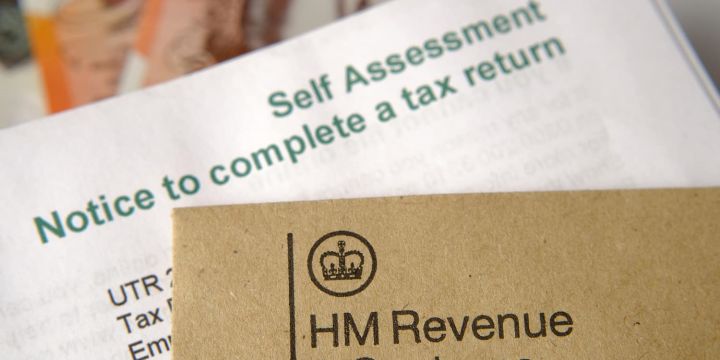
Self-assessment is the system used by Hervenue and Customs (HMRC) to collect income tax.
Taxes are usually automatically deducted from wages, pensions, and savings. People and businesses with other income (including Corona 19 grants and grants) must file their tax returns.
What is the self assessment tax?
All individuals receiving income must pay income tax to the Government of India. However, problems may arise if the taxes you are required to pay are not paid in full. The self-assessment tax revolves around the tax return itself. If this tax is due, it must be paid to ensure a successful e-filing. After all, taxes are collected by taxpayers in various forms, including prepayment, TDS, and self-assessment. The self-assessment tax refers to the balance tax that the undervalued individual must pay on accrued income after accounting for prepayment tax prior to filing TDS and income tax. ITRs cannot be filed with the IT department until the taxes have been paid. If there is a deferred tax prior to filing the ITR at the end of the year, the final amount must be calculated. This is called the self-assessment tax or SAT. In short, a self-assessment tax is a tax on the balance paid on the assessed income after the assessor has reviewed the TDS and prepayment taxes before reporting the income.
Why do I have to pay the self assessment tax?
SAT must be paid by individuals who receive income from other sources. The amount of tax is charged for the following reasons:
There may be instances where the taxpayer does not take income into account when paying taxes on the prepayment.
Sometimes the TDS amount may not be accurate.
Employees may earn substantial income from investments, such as regular deposits and mutual funds, that are unknown to their employers.
Why do you pay a self assessment tax?
A self-assessment tax is a tax paid by the taxpayer if the tax liability exceeds the total amount of prepayment tax, withholding tax, etc. This may be due to a number of reasons, such as additional income earned during the year and withholding taxes at a lower rate than the tax rate applicable to the person being taxed. This will increase the tax liability, which in turn will increase the taxpayer’s tax outflow.
While there is no exact due date, it is important to note that you must pay your taxes in order to successfully file your income tax return. Even if you report it without a voluntary report, it will be considered an invalid report. To save interest on your taxes and avoid non-compliance with tax laws, we recommend that you always pay your taxes on time. You can do this by submitting an ITNS 280 tax assessment item online or at a bank.
Do I need to file a self assessment tax return if I don’t have to pay any taxes?
As we highlighted above, if HMRC has made a request of you and they have not withdrawn the request, you must file a tax return. This is something you do regardless of your situation.
If HMRC has not requested a tax return for one year, they may have a legal obligation to separately notify you that you are required to join the income tax, income tax remittance, Tier 2 or Tier 4 National Insurance. This is to allow them to complete your tax return or to collect the amount you need to pay by other means. However, there are many exceptions to this notification obligation. For example, if all of your income is taxed under PAYE and there is no income to claim.
How do I calculate the Self Assessment Tax?
As the name implies, self-assessment taxes must be calculated and paid by the taxpayer himself. The same must be deposited with the government before the department cannot file a return that can take action against the taxpayer.
What should I do if I choose the wrong tax year for my taxes?
The assessment year is the year following the fiscal year. Income earned during the fiscal year is taxable in the assessment year for all taxpayers. In income tax terms, the fiscal year is the period during which you receive income, and the assessment year is the period during which you assess that income and pay taxes.
Taxpayers must list the assessment year on all income tax returns and self-assessment tax payments. An incorrect tax year can lead to a situation where the taxpayer receives a tax notice from the Department of Income Tax. You must choose the correct assessment year when paying your taxes. If the taxpayer receives this notice, the taxpayer can correct it:
Payments are made by individual claimants.
If you paid your taxes through an individual, the bank can change the tax year within seven days of payment. Taxpayers must apply to the bank for a correction within seven days of the Challenger deposit. Claimants’ applications for correction may be referred to the banks for correction. The Claimant Correction Application format consists of the following fields, which the taxpayer must provide:
- Taxpayer’s name and address.
- The taxpayer’s TAXpayer’s REQUIREMENTS / PAN.
- Name of authorized signer.
In addition to the above, taxpayers must also provide other important details related to the claimant: the BSR code, the claimant’s serial number and the claimant’s date.



GIPHY App Key not set. Please check settings